In the coffee industry, the journey from bean to cup is profoundly tied to the well-being of the communities that nurture the crops. Coffee estates, often located in rural areas, rely heavily on local workers who play a crucial role in the success of coffee cultivation. Kelachandra Coffee stands out in this regard, prioritizing community welfare through initiatives that enhance education, healthcare, and environmental sustainability. By investing in education, healthcare, and sustainable farming practices, the coffee major not only improves the lives of its workers but also boosts productivity and coffee quality. This article delves into the various programs and efforts undertaken by them to uplift its community while producing high-quality coffee.
Read the full article to know more about the harmonious relationship between people and nature:
Kelachandra Coffee: Setting Standards in Community-Centric Coffee Cultivation
In the world of coffee, the journey from bean to cup is not just about cultivation and production; it’s about the people who dedicate their lives to nurturing the crops. Coffee estates are often situated in rural areas where the local communities play a pivotal role in ensuring the success of the coffee industry.
Investing in these communities through welfare activities is not just an ethical imperative but also a strategic one, fostering an environment where workers can thrive, thereby enhancing productivity and sustainability.
 “At Kelachandra Coffee, we believe that the heart of our success lies in the well-being of our community,” said Ryana Kuruvilla, Head of People and Culture, Kelachandra Coffee. “By prioritizing education, healthcare, and environmental sustainability, we not only enhance the lives of our workers but also improve the quality of our coffee and the environment. Our commitment to community welfare ensures that every cup of Kelachandra Coffee is a testament to the harmony between people and nature.”
“At Kelachandra Coffee, we believe that the heart of our success lies in the well-being of our community,” said Ryana Kuruvilla, Head of People and Culture, Kelachandra Coffee. “By prioritizing education, healthcare, and environmental sustainability, we not only enhance the lives of our workers but also improve the quality of our coffee and the environment. Our commitment to community welfare ensures that every cup of Kelachandra Coffee is a testament to the harmony between people and nature.”
Enhancing Education and Skill Development
Education is a cornerstone of community development. By providing educational opportunities, coffee estates can uplift entire communities. Many coffee estates around the world have recognized this and have established schools and vocational training centers to ensure that children and adults alike have access to education and skill development. Kelachandra Coffee provided a smart classroom to the Hosambala Government Primary School in 2021; 30 students from nearby villages attend this school and are receiving tech-enabled education. The company has implemented renovation programs in nearby schools as well and equipped them with effective sanitation and computer facilities.
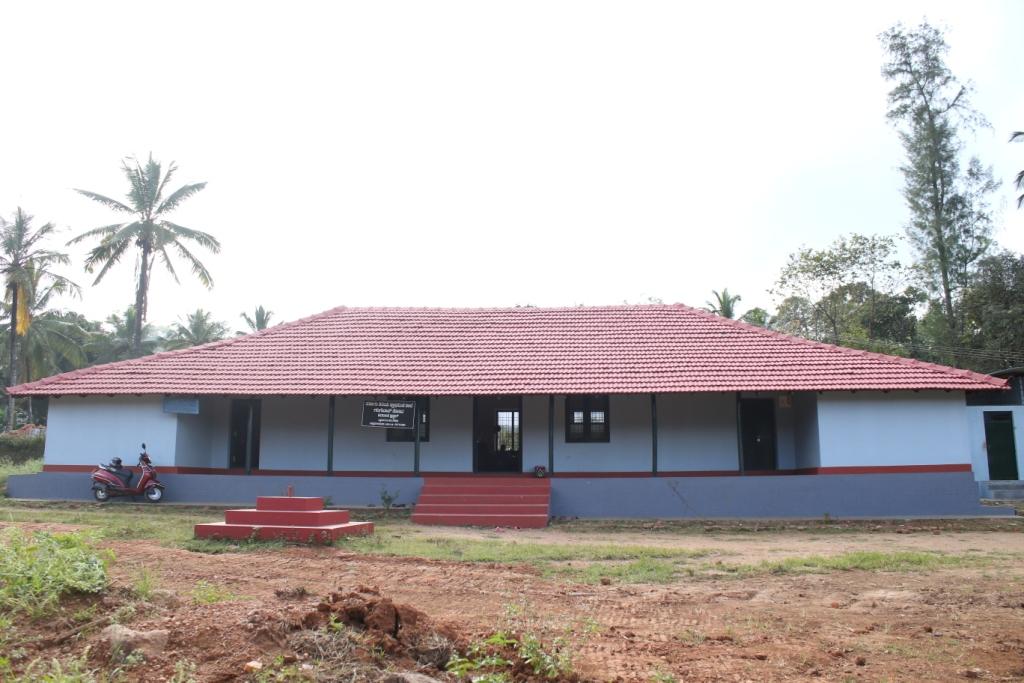
Additionally, training centers focused on agricultural techniques, financial literacy, and other practical skills empower workers to improve their productivity and economic stability. These initiatives not only benefit the workers themselves, but also lead to better farming practices and higher quality coffee. This benefits the environment and the consumers.
The impact of education and training programs extends beyond the individual, fostering a culture of continuous learning and improvement within the community.
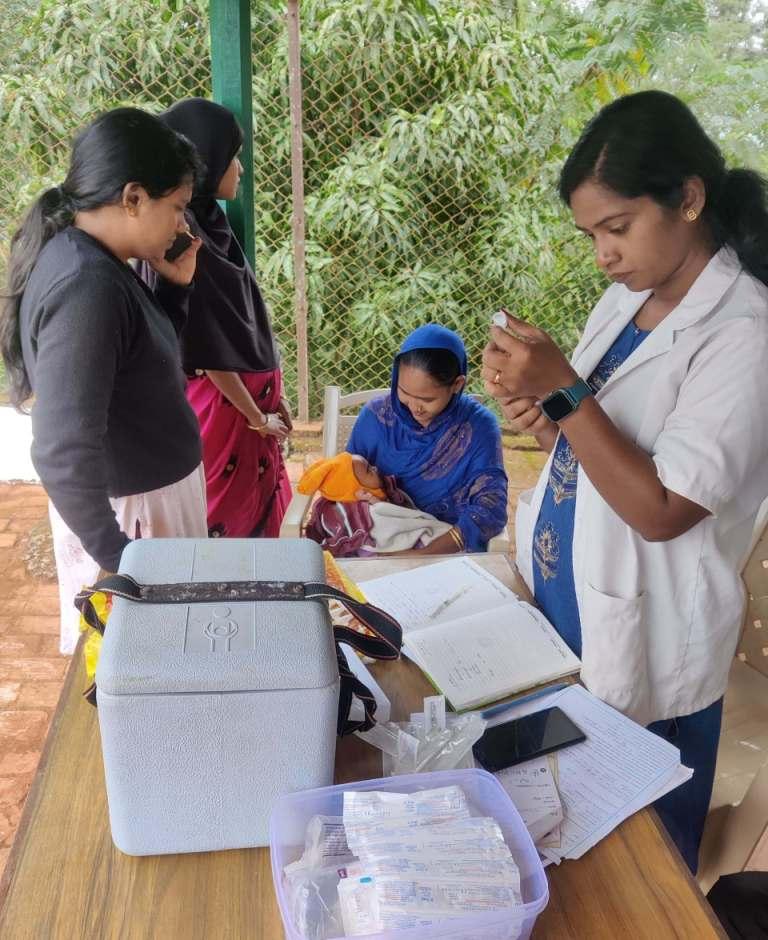 Healthcare Initiatives
Healthcare Initiatives
Access to healthcare is another critical area where coffee estates can make a significant impact. Many estates have initiated healthcare programs that provide regular medical check-ups, vaccinations, and health education to their workers and their families. By ensuring that workers are healthy, estates can reduce absenteeism and increase productivity.
Moreover, health education programs focusing on nutrition, hygiene, and preventive care can lead to a healthier community overall. This proactive approach to health not only benefits the workers but also reduces the long-term healthcare costs for both the employees and the estate management.
Environmental Sustainability
Environmental sustainability is deeply intertwined with community welfare. Coffee estates that invest in sustainable farming practices often see a dual benefit: protecting the environment and improving the quality of life for their workers. Sustainable practices such as shade-grown coffee, organic farming, and permaculture not only yield high-quality coffee but also preserve the biodiversity of the region.
These practices often include reforestation projects, water conservation efforts, and the reduction of chemical use, which directly benefit the local community by maintaining a healthy ecosystem. Workers are trained in these sustainable methods, gaining valuable skills that contribute to both their personal development and the estate’s long-term viability.
Economic Empowerment
Economic empowerment is another crucial aspect of community welfare. By providing fair wages and creating opportunities for additional income, coffee estates can significantly improve the living standards of their workers. Microfinance programs and cooperatives are examples of initiatives that can provide workers with access to financial resources to start their own ventures or improve their farming techniques.
Initiatives that promote gender equality and empower women within the coffee value chain are particularly impactful. At Kelachandra Coffee estates, women comprise 55 percent of the workforce. These women play a central role in coffee production, and by ensuring they have equal access to resources and decision-making opportunities, estates can boost productivity and foster a more inclusive community.
Building a Sense of Community
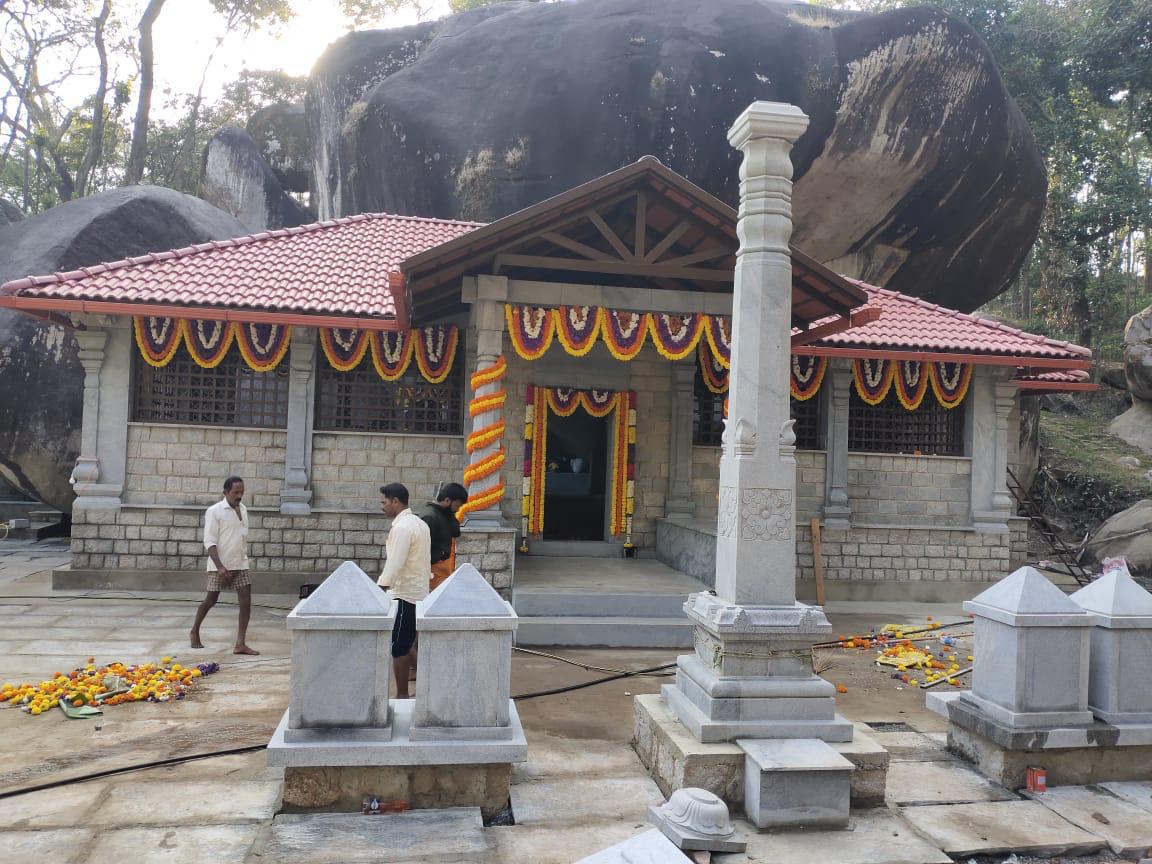 Creating a sense of community and belonging is vital for the overall well-being of the workers. Coffee estates that organize social and cultural events, sports activities, and community gatherings foster a supportive environment where workers feel valued and connected. These activities can also serve as platforms for disseminating important information and building solidarity among workers.
Creating a sense of community and belonging is vital for the overall well-being of the workers. Coffee estates that organize social and cultural events, sports activities, and community gatherings foster a supportive environment where workers feel valued and connected. These activities can also serve as platforms for disseminating important information and building solidarity among workers.
For instance, Kelachandra Coffee built a Babbuswamy Temple next to its Kuttinkhan estate in 2022. The temple serves as a place of worship and community gatherings for the villagers and the general public. The KunikelipuraVeerabhadra Temple - which was built 1100 years ago - has been revived at significant cost and dedicated to the villagers and public in 2023.
Case Studies: Success Stories
Around the world, numerous coffee estates have implemented successful community welfare programs. In Costa Rica, for instance, some coffee cooperatives have established comprehensive welfare programs that include housing, education, healthcare, and social activities for their workers. These programs have not only improved the quality of life for the workers but have also led to higher productivity and better quality coffee.
In Ethiopia, several coffee estates have partnered with NGOs to provide clean water, build schools, and improve healthcare facilities. These partnerships have been instrumental in transforming the local communities and ensuring the sustainability of the coffee industry in the region.
A Nod to Kelachandra Coffee’s Initiatives
While many estates worldwide have made significant strides in community welfare, it's important to highlight that similar efforts are being made closer to home. For example, Kelachandra Coffee - an estate in Chikmagalur, India, has taken a comprehensive approach to community welfare. They have established educational programs, healthcare initiatives to provide medical services to employees and their dependents, and environmental sustainability projects that have made a tangible difference in the lives of their workers and the surrounding community.
Kelachandra Coffee provides more than 600 high-quality housing quarters for its staff and their families. Equipped with clean drinking water and electricity, these housing facilities serve as a differentiator in the sector. Building a sense of loyalty amongst workers, these facilities insulate the company against labor shortages which are the norm in the industry at large.
The company ensures that workers are paid fair wages that comply with Karnataka Planters Association. The company also provides portable drinking water, electricity for households and bears the tuition fees of children of staff members. This creates a sense of purpose and contentment amongst the staff who work around the clock the best quality coffee reaches coffee lovers worldwide.
Conclusion
Investing in community welfare is not just a moral obligation for coffee estates; it is a strategic imperative that ensures the long-term sustainability and success of the coffee industry. By enhancing education, healthcare, environmental sustainability, economic empowerment, and fostering a sense of community, coffee estates can create a thriving environment for their workers.
These efforts lead to higher productivity, better quality coffee, and a more resilient and sustainable coffee industry. As consumers become increasingly aware of the impact of their purchasing choices, coffee estates that prioritize community welfare will not only do well by doing good but will also set themselves apart in a competitive market. The journey of coffee from bean to cup is ultimately about the people, and by investing in them, coffee estates can brew a better future for all.




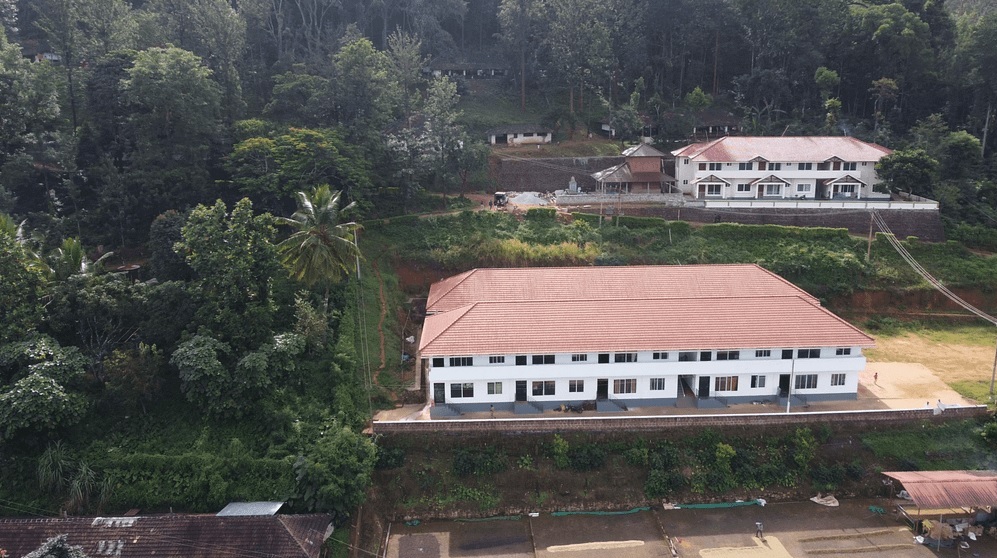
 “At Kelachandra Coffee, we believe that the heart of our success lies in the well-being of our community,” said Ryana Kuruvilla, Head of People and Culture, Kelachandra Coffee. “By prioritizing education, healthcare, and environmental sustainability, we not only enhance the lives of our workers but also improve the quality of our coffee and the environment. Our commitment to community welfare ensures that every cup of Kelachandra Coffee is a testament to the harmony between people and nature.”
“At Kelachandra Coffee, we believe that the heart of our success lies in the well-being of our community,” said Ryana Kuruvilla, Head of People and Culture, Kelachandra Coffee. “By prioritizing education, healthcare, and environmental sustainability, we not only enhance the lives of our workers but also improve the quality of our coffee and the environment. Our commitment to community welfare ensures that every cup of Kelachandra Coffee is a testament to the harmony between people and nature.”
 Healthcare Initiatives
Healthcare Initiatives Creating a sense of community and belonging is vital for the overall well-being of the workers. Coffee estates that organize social and cultural events, sports activities, and community gatherings foster a supportive environment where workers feel valued and connected. These activities can also serve as platforms for disseminating important information and building solidarity among workers.
Creating a sense of community and belonging is vital for the overall well-being of the workers. Coffee estates that organize social and cultural events, sports activities, and community gatherings foster a supportive environment where workers feel valued and connected. These activities can also serve as platforms for disseminating important information and building solidarity among workers.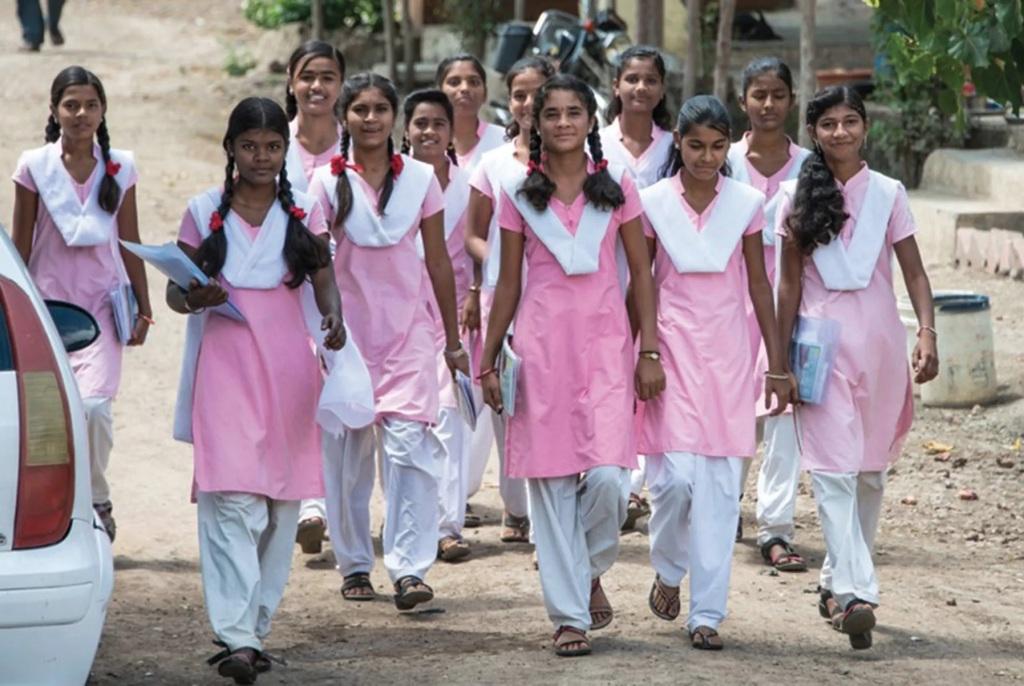


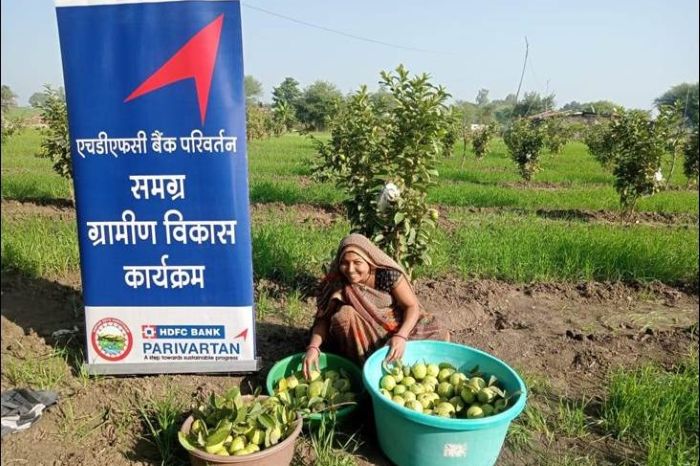
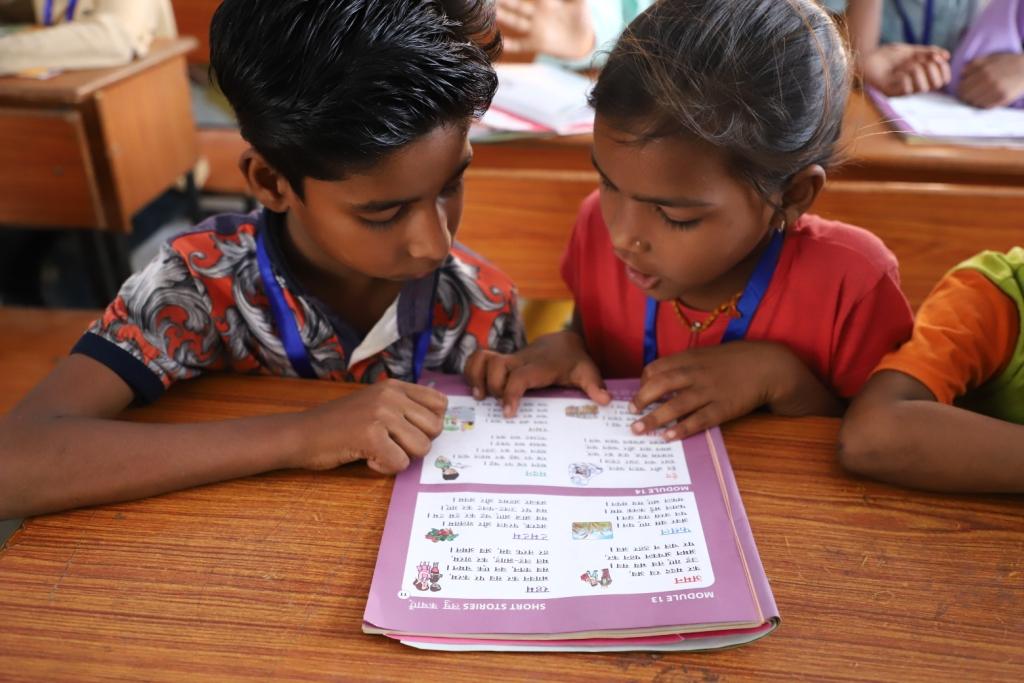
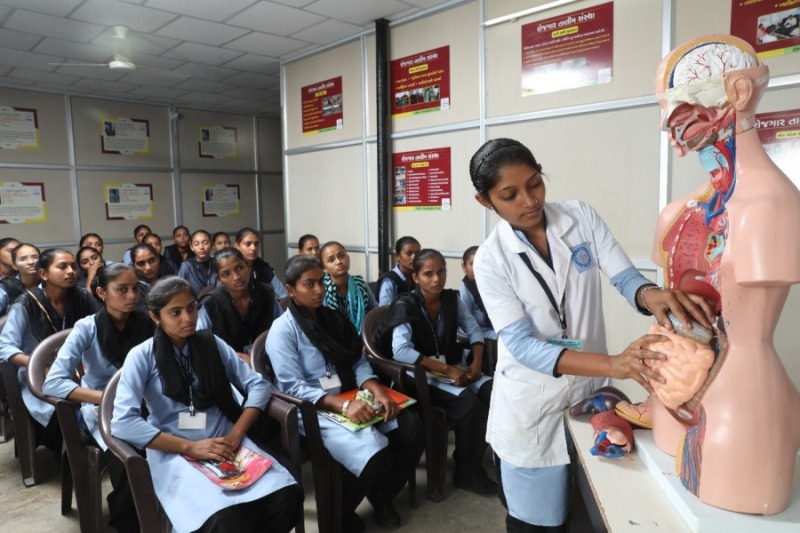






.jpg)



